We’ve all heard them—those persistent travel myths whispered among friends, shared in online forums, or passed down like questionable heirlooms from well-meaning relatives. They shape our decisions, fuel our anxieties, and sometimes even stop us from booking that dream trip altogether. But how many of these so-called truths actually hold up under scrutiny? It’s time to separate fact from fiction and clear the air on some of the most common travel misconceptions circulating out there.
One of the most enduring myths is that last-minute bookings yield the cheapest flights. This idea might have held a kernel of truth decades ago when airlines occasionally slashed prices to fill empty seats right before departure. But in today’s data-driven, algorithm-powered world, the opposite is often true. Airlines use sophisticated revenue management systems to adjust prices in real-time based on demand, seasonality, and even your browsing history. Generally, the sweet spot for booking international flights is anywhere from 2 to 4 months in advance. For domestic trips, several weeks ahead is typically ideal. Waiting until the final days or hours often means you’re left with the most expensive, least desirable options—if you can find a seat at all during peak times. Spontaneous travel can be thrilling, but when it comes to flight costs, planning ahead is almost always the wiser financial strategy.
Another widespread belief is that travel insurance is an unnecessary expense, a luxury for the paranoid or the wealthy. This is a dangerously shortsighted view. While no one plans for their vacation to go awry, things can and do happen. A sudden illness, a family emergency back home, a missed connection due to a delayed flight, or even a political upheaval in your destination can turn a dream trip into a logistical and financial nightmare. Travel insurance isn’t just about protecting the cost of your trip; it’s primarily about safeguarding your health and finances with robust medical coverage and emergency evacuation services. Hospital bills abroad can be astronomically high, and many standard health insurance plans offer little to no coverage outside your home country. For the relatively small cost, travel insurance provides immense peace of mind, making it not an extra but an essential part of responsible travel planning.
Then there’s the classic fear: “Don’t drink the tap water!” While this is excellent advice for many parts of the world, it’s not a universal rule. In numerous countries across Europe, North America, and parts of Asia, tap water is not only safe to drink but is also held to high safety standards. In places like Iceland, Switzerland, and Germany, the tap water is often of higher quality than bottled water. Blindly sticking to bottled water creates unnecessary plastic waste and adds up cost-wise. The key is to do a little research specific to your destination. A quick check on government travel advisory websites or reliable travel guides will tell you if the local water is potable. When in doubt, boiling water or using a quality filtration bottle are effective and eco-friendly solutions.
Many travelers also operate under the assumption that the best way to experience a culture is to stick strictly to tourist hotspots and guided tours. While iconic landmarks and museums are undoubtedly worth visiting, they often present a sanitized, crowd-filled version of a place. The real pulse of a city or culture is frequently found in its quieter neighborhoods, local markets, family-run eateries, and public squares. Getting genuinely lost (safely, of course), striking up a conversation with a local shopkeeper, or simply sitting in a park and observing daily life can yield far more memorable and authentic experiences than simply checking items off a list. It’s in these unscripted moments that you often learn the most and make a real connection with a destination.
A related and financially impactful myth is that traveling is inherently expensive and only for the privileged few. This simply isn’t true. While luxury resorts and five-star tours certainly exist, travel can be tailored to almost any budget. The explosion of affordable accommodation options like hostels, guesthouses, and vacation rentals has made staying somewhere new more accessible than ever. Budget airlines, travel reward points, and off-season travel can drastically reduce transportation costs. Furthermore, some of the richest travel experiences—hiking through national parks, exploring free museums and historical sites, or picnicking with local ingredients from a market—cost very little. Travel is more about prioritization and smart planning than having a massive bank account.
Finally, we have the romantic but misleading idea that spontaneous, unplanned travel is the only "pure" way to explore. This myth, glorified by books and films, suggests that true adventure lies in having no itinerary. While leaving room for flexibility and unexpected discoveries is crucial, embarking on a trip with absolutely no planning can lead to stress, missed opportunities, and higher costs. Popular accommodations get booked up, certain attractions require advance tickets, and understanding basic cultural norms and transportation systems beforehand can prevent awkward or difficult situations. The most rewarding trips often strike a balance: a loose framework that ensures you see and do what’s important to you, with plenty of open time to wander, relax, and follow interesting leads as they appear.
Dispelling these myths is more than an exercise in fact-checking; it’s about empowering ourselves to become smarter, safer, and more open-minded travelers. By questioning the common wisdom and seeking out accurate information, we can make better decisions, reduce unnecessary anxiety, and ultimately have more fulfilling and authentic experiences around the globe. The world is vast and wonderfully diverse, and it deserves to be explored based on reality, not rumor.

By /Aug 22, 2025

By /Aug 22, 2025
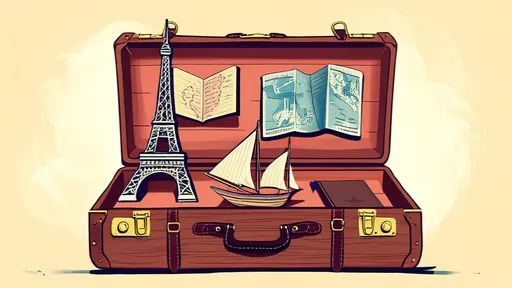
By /Aug 22, 2025
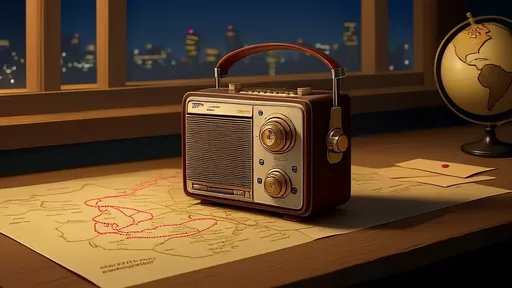
By /Aug 22, 2025
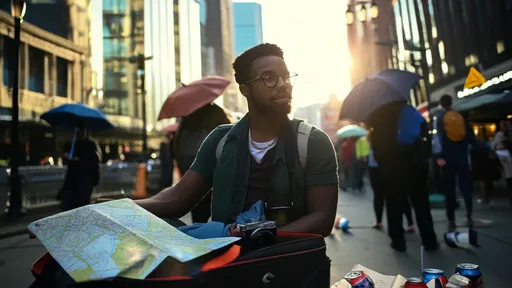
By /Aug 22, 2025
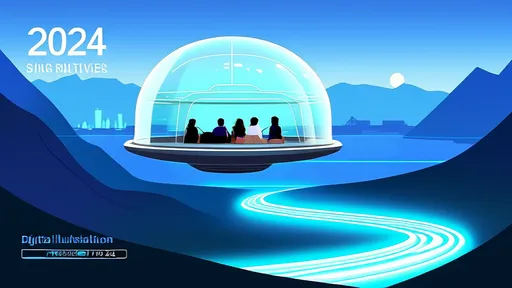
By /Aug 22, 2025
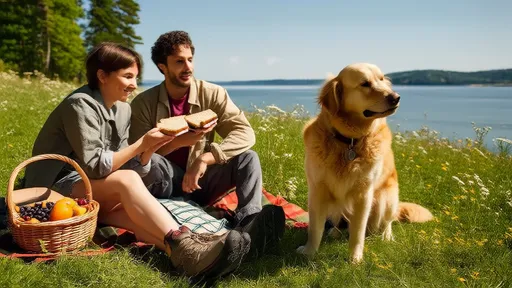
By /Aug 22, 2025

By /Aug 22, 2025
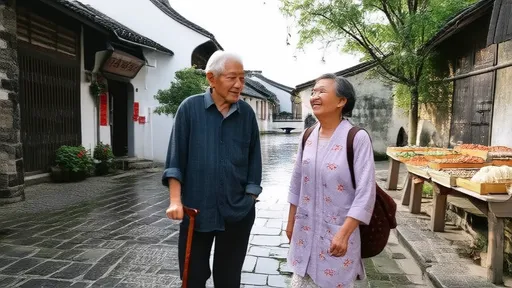
By /Aug 22, 2025

By /Aug 22, 2025

By /Aug 22, 2025

By /Aug 22, 2025

By /Aug 22, 2025

By /Aug 22, 2025

By /Aug 22, 2025

By /Aug 22, 2025

By /Aug 22, 2025

By /Aug 22, 2025
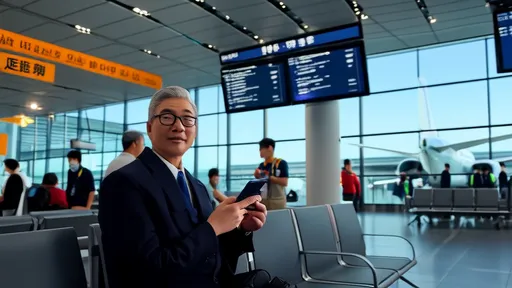
By /Aug 22, 2025

By /Aug 22, 2025